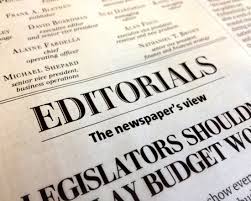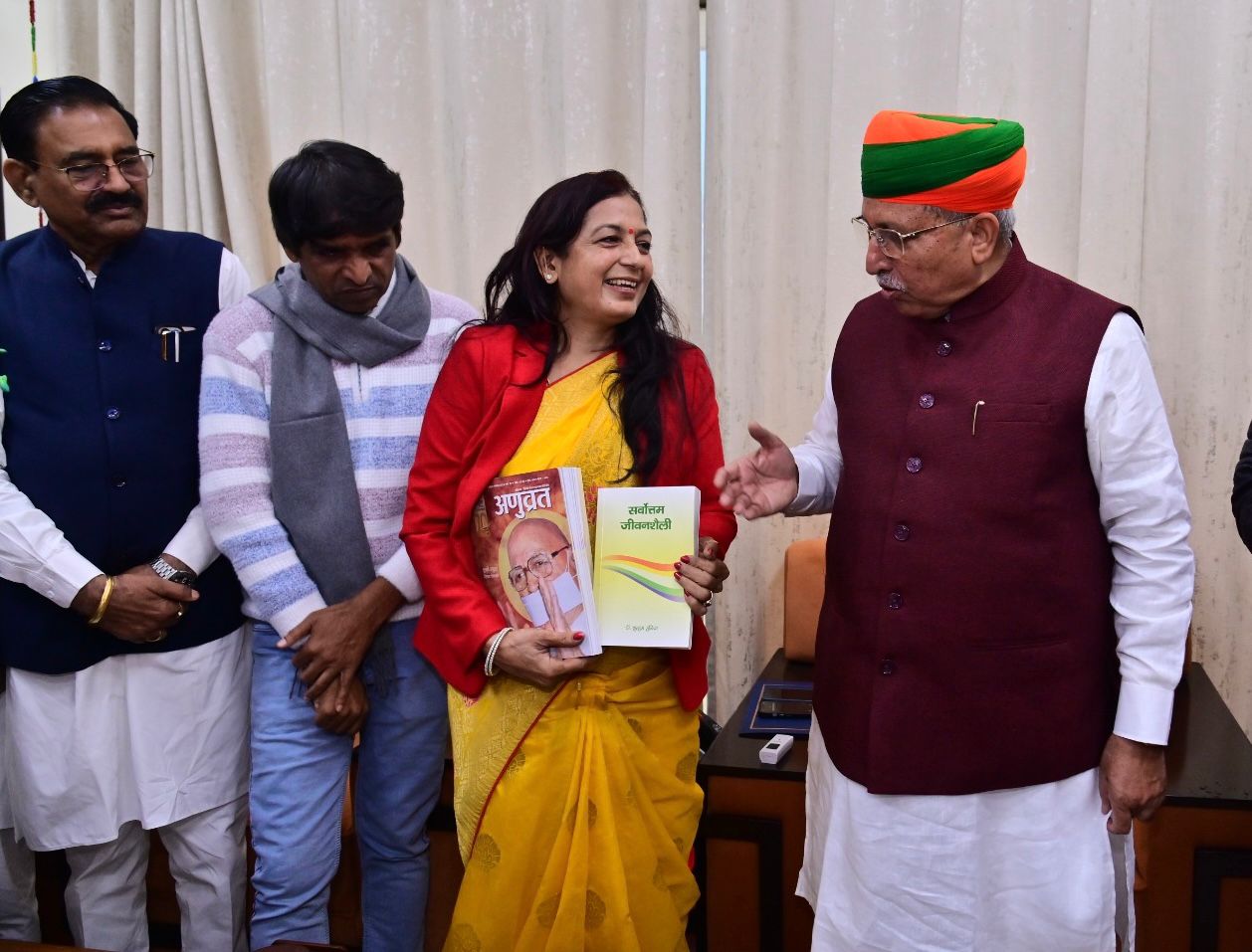Pakistan’s former Prime Minister Imran Khan has been arrested for the second time in three months, this time after a conviction in a case involving the misappropriation of official gifts meant for the ‘Toshakhana’. He was last arrested on May 9 in the ‘Al Qadir’ trust case charge sheet. The latest conviction, which carries a sentence of three years, means that he is now disqualified from Parliament for the next five years and will not be able to stand for election in polls due by November. Last week, Prime Minister Shahbaz Sharif had announced that Parliament would be dissolved on August 9, after which an interim government will step in. It is significant that Mr. Khan’s arrest came days before the transition. The legal battle Mr. Khan faces now is formidable, but he is by no means the first Pakistani Prime Minister to face jail time and disqualification. During his tenure, cases were pursued against former Prime Ministers Nawaz Sharif and Shahid Khaqan and other major Opposition leaders, including former President Asif Ali Zardari. The common factor is that all these arrests appear orchestrated not so much by political rivalry but due to problems with the powerful military. In Mr. Khan’s case, he faced months of house arrest under former Pakistan President General Pervez Musharraf, but subsequently came to good terms with the military. His stunning electoral win in 2018 was believed to have been achieved with General Qamar Bajwa’s blessings. However, after they developed differences, Mr. Khan’s political troubles began to mount.
The government’s actions are excessive by any measure. The case Mr. Khan has been arrested for is just one amidst about 100 cases he has been charged in ever since he was ousted from office in April 2022. Apart from the litany of legal cases against him and his family, there has been a systematic attempt to prosecute leaders of his party, the Pakistan Tehreek-e-Insaf. In addition, cases of terrorism, sedition, and blasphemy against Mr. Khan and his colleagues indicate there could be more serious sentences to follow. At the same time, his ouster from power and the cases have not visibly challenged his popularity in Pakistan, going by the by-election results last October, and the anger after his arrest in May. In that sense, the fact that his conviction and arrest in the latest case were not accompanied by similar protests is not an achievement for Pakistan’s government but demonstrates the effectiveness of its establishment in silencing public expression. None of this augurs well for Pakistan’s democracy.












